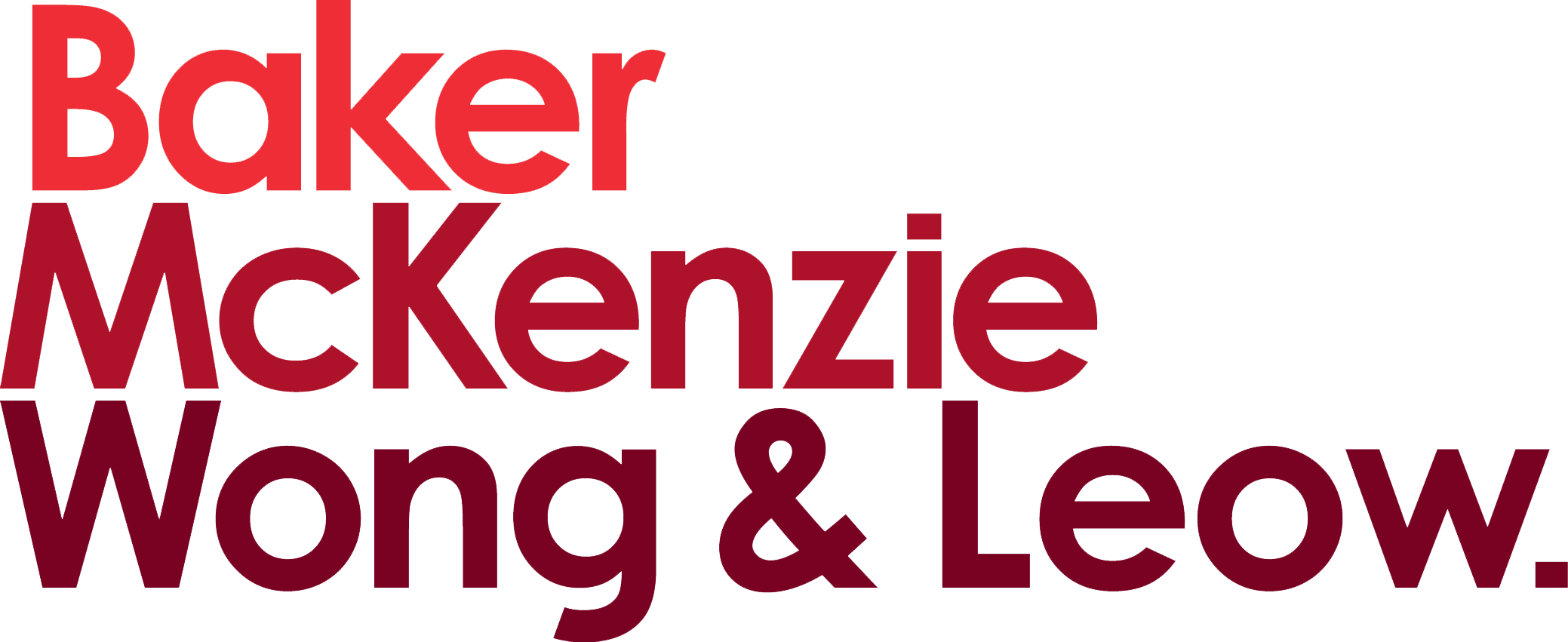In brief
Following a series of consultations,1 the Monetary Authority of Singapore (MAS) has implemented two new cross-border exemption frameworks, which came into effect on 9 October 2021.
Together the new exemption frameworks exempt foreign related corporations, head offices and branches of Singapore financial institutions from Singapore licensing, representative registration and business conduct rules (as applicable) when such foreign institutions conduct activities regulated under the Securities and Futures Act, Cap 289 (SFA) and the Financial Adviser Act, Cap 110 (FAA) for clients in Singapore, under an arrangement with their related Singapore financial institutions. To qualify under the new framework, certain qualifying conditions and ongoing requirements will need to be met by new or existing arrangements.
Background
With effect from 9 October 2021, the MAS has implemented a new cross-border exemption framework for: (a) foreign related corporations of Singapore financial institutions (“FRC Framework“); and (b) foreign head offices or branches of Singapore financial institutions (“Branch Framework“).
The FRC Framework exempts foreign related corporations (FRCs) of Singapore financial institutions from licensing and representative registration requirements and business conduct rules under the SFA and FAA when the FRCs conduct activities regulated under the SFA and FAA with clients or prospects in Singapore, under an arrangement with their Singapore related financial institutions. The FRC Framework replaces the previous exemptions promulgated under paragraph 9 of the Third Schedule to the SFA and paragraph 11 of the First Schedule to the FAA, commonly known as the “Paragraph 9 Approval” and “Paragraph 11 Approval” respectively.
The Branch Framework is a new framework that seeks to close the gap under the previous Paragraph 9 Approval and Paragraph 11 Approval regimes, which applied only to arrangements between Singapore financial institutions and their FRCs, but not to foreign head offices or branches (collectively “Foreign Offices“) of Singapore financial institutions. The Branch Framework provides a level playing field by operating in a similar manner to the FRC Framework and exempts Foreign Offices from representative registration and business conduct rules when the Foreign Offices conduct SFA- and FAA-regulated activities with clients or prospects in Singapore, under an arrangement with their related Singapore financial institution(s).
In the context of the frameworks, “Singapore financial institutions” refers to entities, branches or head offices in Singapore that are: (i) capital markets services licence holders under the SFA; (ii) financial advisers licence holders under the FAA; (iii) exempt capital markets intermediaries under Section 99(1)(a), (b), (c) or (d) of the SFA (e.g., licensed banks and merchant banks that are registered with the MAS to conduct SFA-regulated activities); (iv) exempt financial advisers under Section 23 of the FAA (e.g., licensed banks and merchant banks that are registered with the MAS to conduct FAA activities), other than pursuant to subsection 1(ea) and (f); and (v) exempt persons under paragraphs 3(1)(d) or 3A(1)(d) of the Second Schedule to the Securities and Futures (Licensing And Conduct Of Business) Regulations (i.e., exempt brokers).
FRCs and Foreign Offices may only rely on the FRC Framework or Branch Framework respectively if they meet certain qualifying conditions. The Singapore financial institution will need to file a notice of commencement of activities carried out under the FRC Framework or Branch Framework (as applicable) with details of the relevant FRCs or Foreign Offices contained in the prescribed Form FN, and confirm compliance or commitment to comply with the qualifying conditions and ongoing requirements (“Initial Filing“). The Initial Filing must be filed within 14 days of commencement of the cross-border arrangements. Unlike the previous Paragraph 9 Approval and Paragraph 11 Approval regimes, prior approval from the MAS is not required under the new FRC Framework and Branch Framework.
The Singapore financial institution is obliged to ensure that the qualifying conditions and other ongoing requirements are met on a continuing basis. We discuss some of the key aspects of each of the qualifying conditions and ongoing requirements further below.
Click here to access the full alert.
1 Please refer to the: (i) Consultation Paper on Proposed Exemption Framework for Cross-Border Business Arrangements of Capital Markets Intermediaries Involving Foreign Offices dated 15 March 2021 available at https://www.mas.gov.sg/-/media/MAS/News-andPublications/Consultation-Papers/2021-03-Consultation-Paper-P001-2021/CP-on-proposed-exemption-framework-for-cross-border-biz-of-CMIsinvolving-foreign-offices.PDF; (ii) Consultation Paper on Proposed AML Notices for Cross-Border Business Arrangements of Capital Markets Intermediaries under Proposed Exemption Framework dated 12 May 2021 available at https://www.mas.gov.sg/-/media/MAS/News-andPublications/Consultation-Papers/2021-05-Consultation-Paper-P005-2021/CP-on-Proposed-AML-Notices-for-CrossBorder-Business-Arrangementsof-CMIs-under-Proposed-Exemption-Fr.pdf; and (iii) the Response to Feedback Received on the Proposed Exemption Framework for Cross-Border Business Arrangements of Capital Markets Intermediaries Involving Foreign Offices dated 8 October 2021 available at https://www.mas.gov.sg/- /media/MAS/News-and-Publications/Consultation-Papers/2021-03-Consultation-Paper-P001-2021/Response-to-Consultation-on-ProposedExemption-Framework-for-Cross-Border-Business-Arrangements-of-Capital-Markets-Intermediaries-Involving-Foreign-Offices.pdf.

Baker McKenzie Wong & Leow is a member firm of Baker & McKenzie International, a global law firm with member law firms around the world. In accordance with the common terminology used in professional service organizations, reference to a “partner” means a person who is a partner or equivalent in such a law firm. Similarly, reference to an “office” means an office of any such law firm. This may qualify as “Attorney Advertising” requiring notice in some jurisdictions. Prior results do not guarantee a similar outcome.



